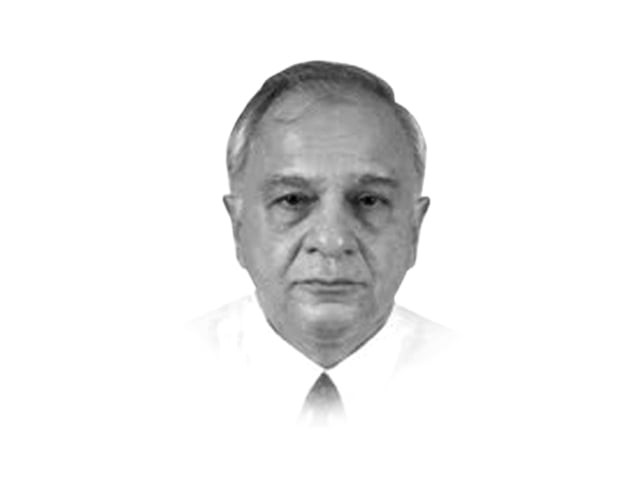Road map for peace in Afghanistan
For the US to disengage, it will be essential to accept power-sharing with the Taliban or there will be no peace.

The petition says that despite the huge cost of occupation — the US spends $120 billion a year — the situation on the ground is worse than it was a year ago. It is now very difficult to work outside the cities or even move around Afghanistan by road. Insurgents have built momentum, exploiting the shortcomings of the Afghan government and the mistakes of the coalition. They say that, “the Taliban, today, are now a national movement with a serious presence in the north and the west of the country. Foreign bases are completely isolated from their local environment and unable to protect the population. Foreign forces have, by now, been in Afghanistan longer than the Soviet Red Army.”
Regional experts further state that politically, the settlement resulting from the 2001 intervention is unsustainable because the constituency (Pakhtuns), of whom the Taliban are the most violent expression, are not represented and because “the highly centralised constitution goes against the grain of Afghan tradition.”
A few days ago, in a discussion with security experts of some Nato countries, I had made a similar assessment based on the same security assumptions and similar analysis. What the Taliban in Afghanistan want before peace can be restored is based on the following assumptions which have been stated by them from time to time: that the occupation of Afghanistan is a fraud perpetuated on the people; that all the institutions created under the illegitimate invasion of Afghanistan are thus unworthy of support; and that restitution has to be made for the insult to the honour of the Afghans and the death of so many innocent persons.
Experience shows that parties to a dispute build negotiating positions and then engage in meaningful discussions to bridge the gap. Afghan President Hamid Karzai speaks of reconciliation and rehabilitation of militants without seriousness.
The top US commander in Afghanistan, General David Petraeus, and regional players like Uzbekistan, Russia, Iran and India are not supportive of any reconciliation that is based on power-sharing with the Taliban. This has been confirmed by the record made available by WikiLeaks. Apparently, Karzai keeps mum about the issue of power-sharing under a new set-up, if the Taliban negotiate — he has no intention of sharing power, thus, any endeavour based on honest intent will fail. Although one may sympathise with the Nato and US predicament, plainly, they themselves are responsible for this muddle in Afghanistan as they forgot what their key objective for invading it was in the first place.
The reason for the invasion of Afghanistan was to remove the safe haven provided for, and refuge given to, bin Laden and al Qaeda by the Taliban. Many feel that the US could have achieved that goal by stern diplomacy rather than occupation — that, however, is now in the past.
Currently, al Qaeda is on the run to fresher pastures in Yemen, Somalia and Central Asia. That is where future wars will be fought. However, for the US to disengage from Afghanistan, it will be essential to accept power-sharing with the Taliban as a goal or there will be no peace. Obama’s December review must thus have this in its road map towards peace.
Published in The Express Tribune, December 15th, 2010.
















COMMENTS
Comments are moderated and generally will be posted if they are on-topic and not abusive.
For more information, please see our Comments FAQ